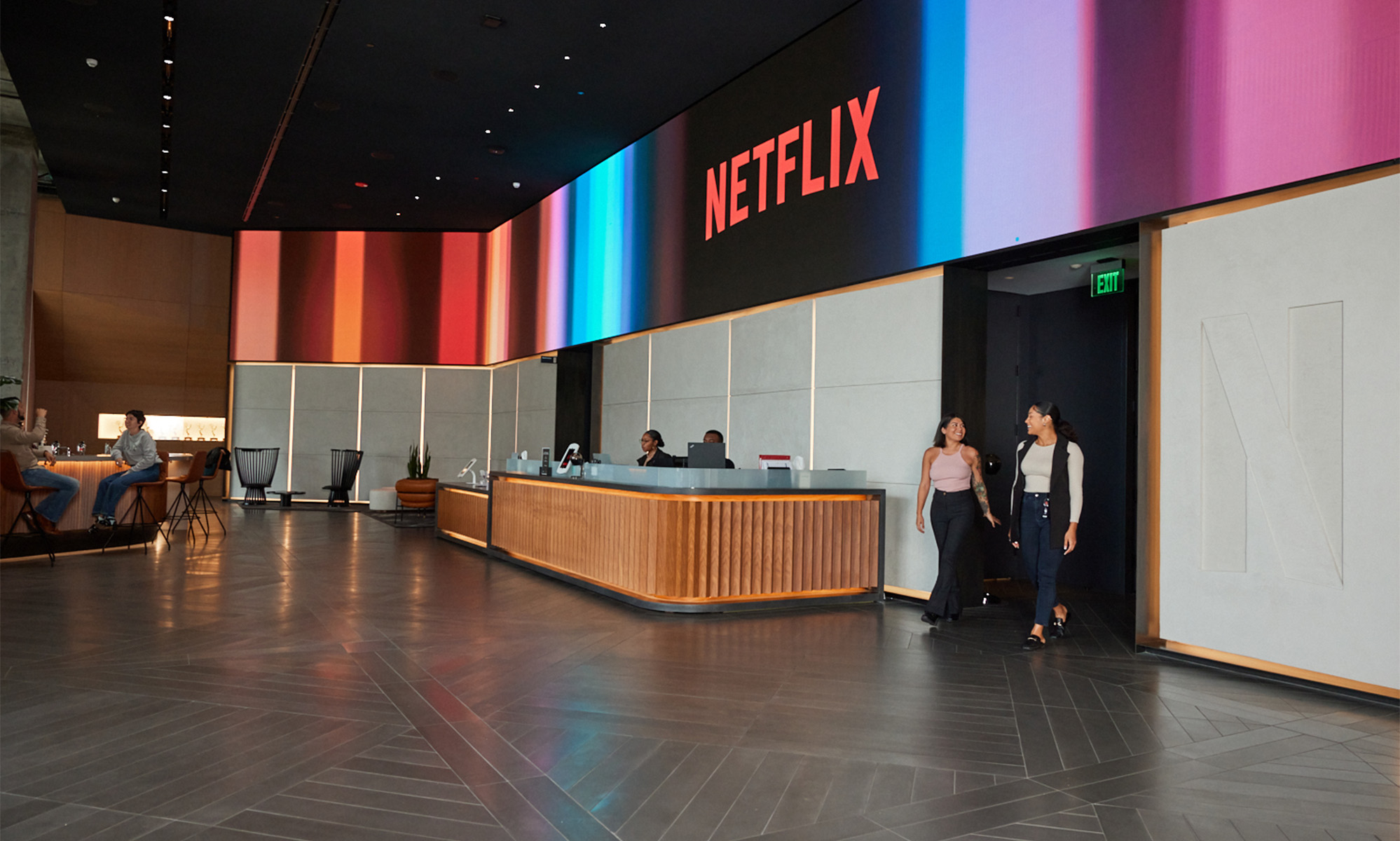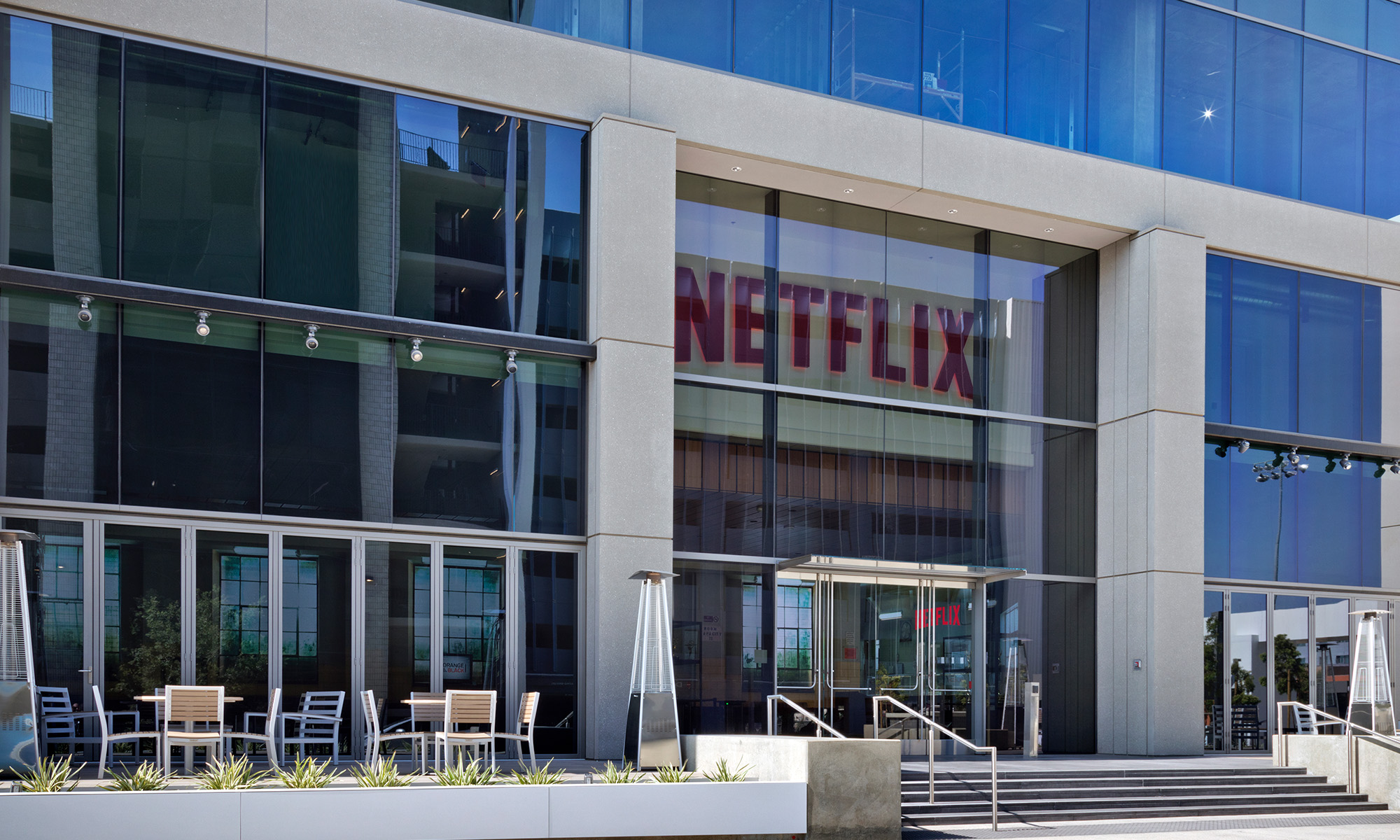To most people, Netflix (NFLX 2.18%) is a high-flying, expensive tech stock that would probably plummet in a market rout. Compared to the broader market, Netflix shares have not declined as much. The reason is most investors appreciate Netflix is well positioned for the current fears we are facing. In fact, I would call it the perfect coronavirus stock. Here's why.
Already well positioned
Netflix was already among the best-positioned businesses in the world prior to the current COVID-19 coronavirus scare. Its 167 million paying global subscribers and the more than $20 billion they are paying the company is light years beyond any other streaming video-on-demand (SVOD) business. That allows Netflix to have spent about $15 billion of cash on content last year and more this year. That firehose of new content across all genres grows the subscriber base, which leads to more revenue, which management can reinvest in content, and which leads to more subscribers again. That is the virtuous cycle that Netflix has been using to grow so rapidly.

Image source: Getty Images.
The company is using that virtuous cycle to expand in almost all markets around the world. There's still a long way to go, because there could easily be over 1.6 billion global households with high-speed internet connections over the next two decades. That would suggest Netflix's current subscriber base is only about 10% of its global opportunity over the next 20 years.
Coronavirus means more time at home
The spread of and panic over coronavirus is driving more people around the world to stay at home. Either they are self-quarantining because they are sick or they are staying home more often because they are afraid of getting sick. In some countries, this applies to massive numbers of people. For example, Italy recently locked down the entire country in response to the pandemic.
The more people who are housebound, the more those people will be likely watching Netflix. We know that subscriber engagement drives subscriber retention, which drives more revenue. And those who haven't yet or don't currently subscribe to Netflix are more likely to sign up if they are housebound.
Insulated from recessionary conditions
Even in a downside macroeconomic scenario, Netflix is well positioned. Large numbers of job losses lead to more people at home, at least temporarily. As we know, more people at home likely means more people watching and subscribing to Netflix. Certainly, unemployed people will probably think twice about discretionary spending, but the first things they tend to cut back on activities like eating out and traveling.
In contrast, Netflix is very inexpensive. In the U.S., it costs just $12.99 per month for its standard plan. Its pricing is relatively similar or lower in other markets around the world. It's also especially inexpensive when one considers that it provides unlimited viewing entertainment, and Netflix's subscribers watch it a lot.
Last year, Cindy Holland, Netflix's vice president of original content, said that Netflix's subscribers watch it an average of two hours per day. That implies Netflix costs an average of $0.22 per hour of entertainment, which is among the cheapest forms of entertainment available. Alternatives like going out to dinner, going out to the movies, or renting a movie all cost much more than that per hour.
That's why Netflix is a tremendous value proposition for its customers and would be among the last things those who are tightening their belts would cut in a downturn. That's one reason why investors should consider Netflix the perfect coronavirus stock.






